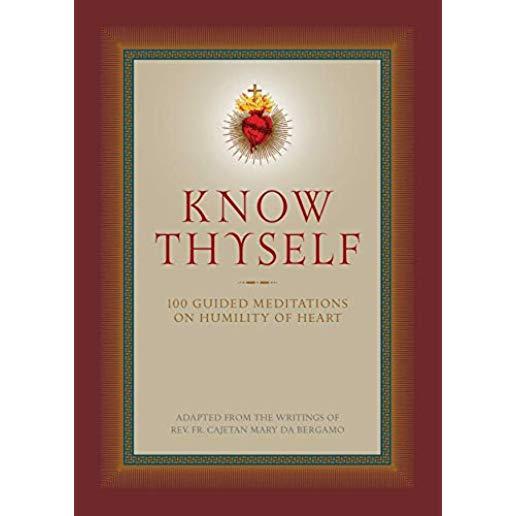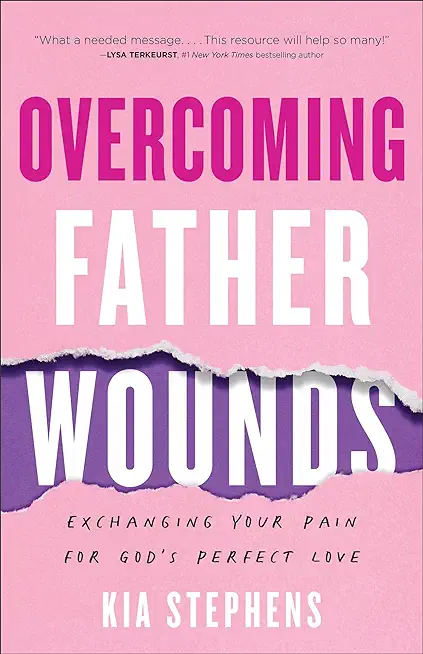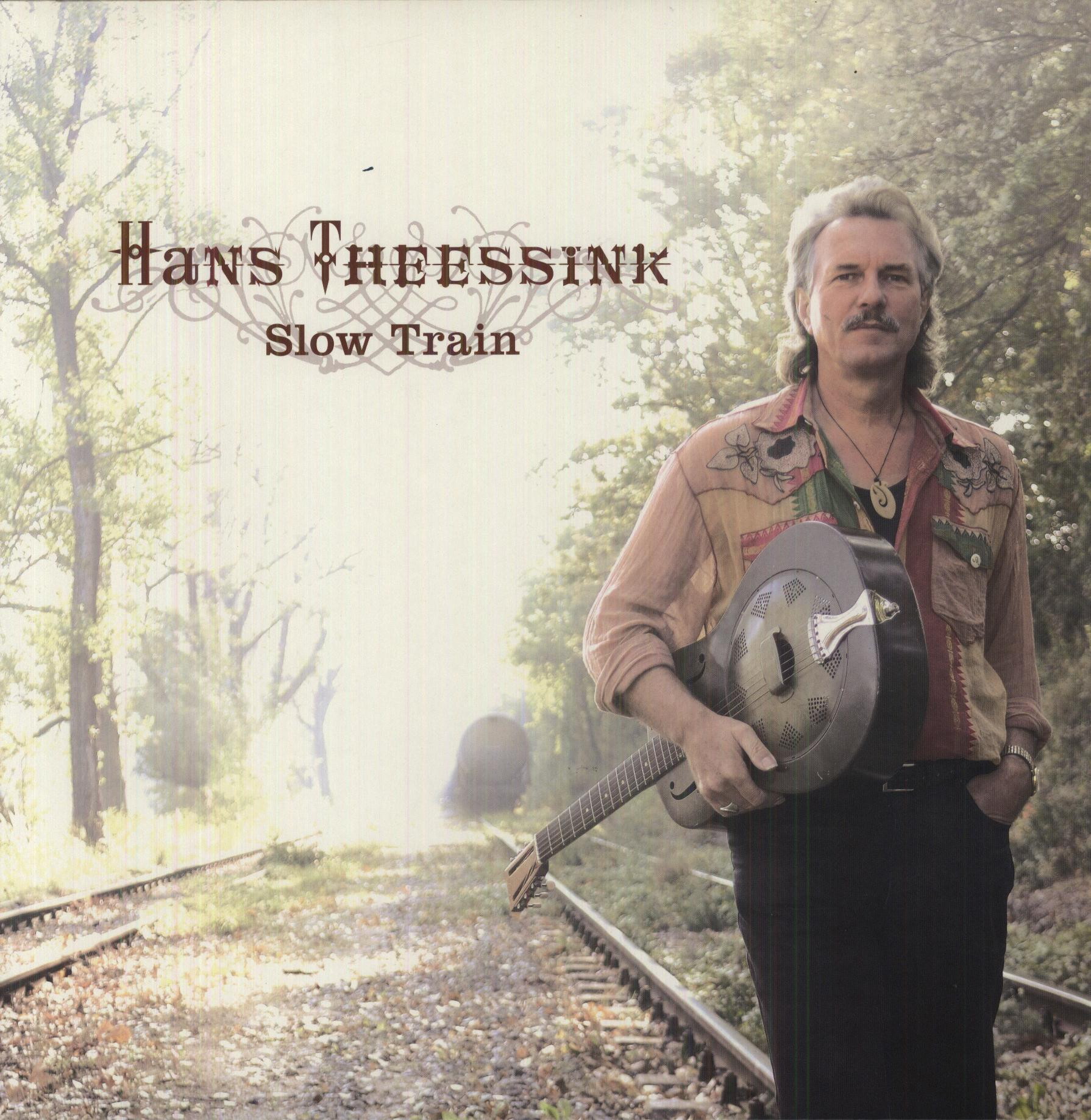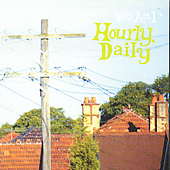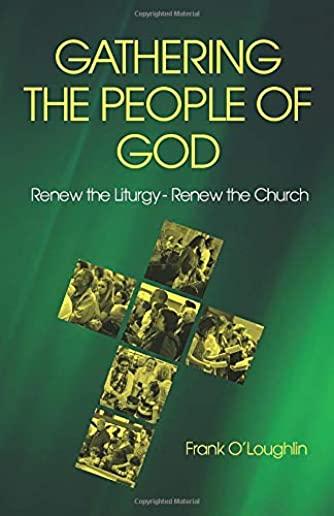
O'Loughlin, Frank
When Catholics say, 'I don't go to Mass anymore', it generally indicates something more significant than simply deciding to spend less time in church. Often, it relates to a gradual distancing form the church itself, a growing away from something that once gave meaning, shape and purpose to life. This is one of the realities that Frank O'Loughlin considers in helping us understand the nature and function of liturgy in the life of the church. Liturgy is not an 'added on' feature for faithful Christians; it is at the heart of faith, expressing how we understand the gathered community that is the People of God in our secular world. Recalling the constant development of how Christians have worshiped from the earliest times, the teachings of Trent and the Second Vatican Councils, he emphasises the need to respond to cultural and societal change in order to express his deep appreciation of the ancient principle that connects Eucharist and church. This involves informed reflection about priesthood, the words we use at Mass, the nature of signs, the emphasis on people rather than clergy, the purpose of liturgy to express our longing to make the teaching of the Gospel bear fruit in our lives and our word. The author writes with authority and insight; above all, he writes from many years of pastoral experience, aware of changes in families and society, and the perennial need for renewal, openness and self-giving in liturgy and in the church itself.
member goods
listens & views
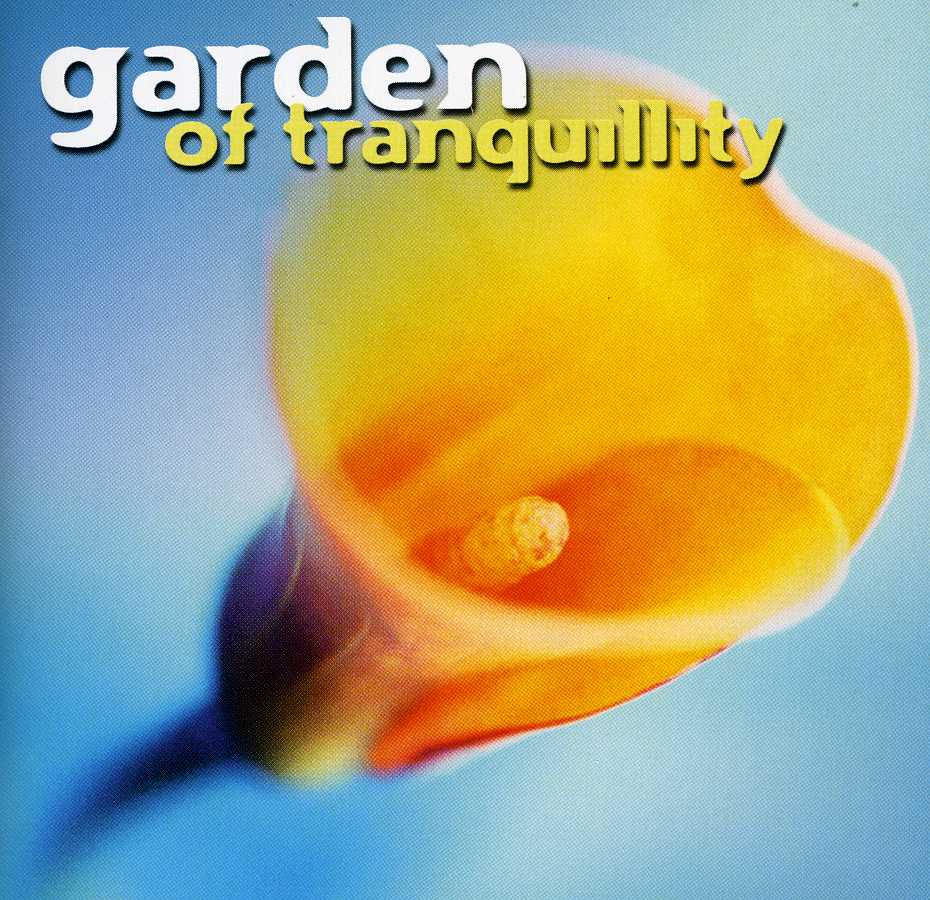
GARDEN OF TRANQUILLITY / VARIOUS
by GARDEN OF TRANQUILLITY / VARIOUS
COMPACT DISCout of stock
$7.49
